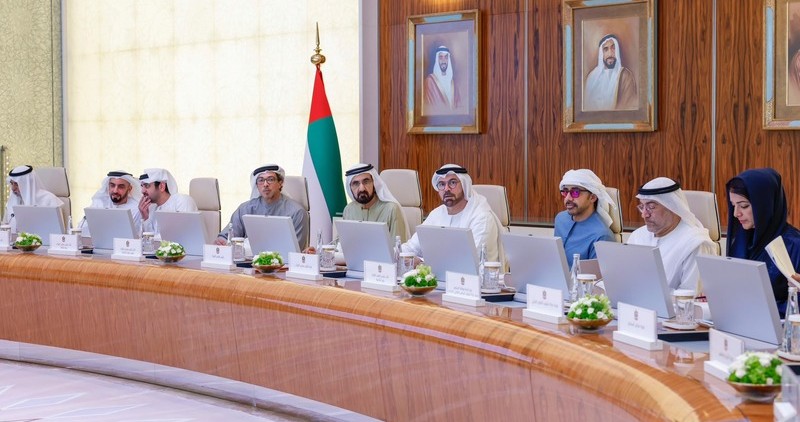Making legislative system ‘faster and more precise’

The United Arab Emirates is poised to become the first country in the world to use artificial intelligence to assist in lawmaking.
Announced last week by Sheikh Mohammed bin Rashid Al Maktoum, Vice President and ruler of Dubai, the country will be the first to use AI to help write new legislation and review and amend existing laws – rather than merely to improve efficiency. The Regulatory Intelligence Office, will oversee what the government is calling an “AI-driven legislative system”, capable of analysing court rulings, executive procedures and the real-world impact of laws, then proposing reforms in real time.
“This new legislative system, powered by artificial intelligence, will change how we create laws, making the process faster and more precise,” said Sheikh Mohammed on X, describing the change as a “paradigm shift” in government.
Today, I chaired the Cabinet meeting at Qasr Al Watan in Abu Dhabi, where we made key decisions to advance legislative processes. We approved the establishment of the Regulatory Intelligence Office within the Cabinet. This office will work on creating a comprehensive legislative… pic.twitter.com/0FbUbxckT8
— HH Sheikh Mohammed (@HHShkMohd) April 14, 2025
The system aims to create laws that reflect the needs of the UAE’s economy and diverse population. In practice, this means AI will help draft laws in multiple languages and plain terms, designed to be understood by everyone.
A key driver is efficiency, with the new role of AI seeing a potential reduction in legislative processing times by up to 70%, while providing recommendations based on global best practices — something Emirati leaders say is essential to keeping pace with technological and economic transformation.
This isn’t just using AI to write laws, according to UAE solicitor and law drafter Hesham Elrafei, speaking to The Telegraph. “It’s introducing a whole new way of making them. Instead of the traditional parliamentary model – where laws get stuck in endless political debates and take years to pass – this approach is faster, clearer, and based on solving real problems.”
The move builds on the UAE’s earlier investments in AI infrastructure, including the 2017 appointment of the world’s first AI minister and the launch of major funding initiatives like MGX, which backs AI research and global investment projects.
However, international experts have raised concerns about handing legislative responsibilities to AI. Researchers from Oxford University and elsewhere warn that generative AI models remain prone to “hallucinations”, bias and unpredictable reasoning which could have serious consequences if left unchecked in legal systems.
 (
( (
(

